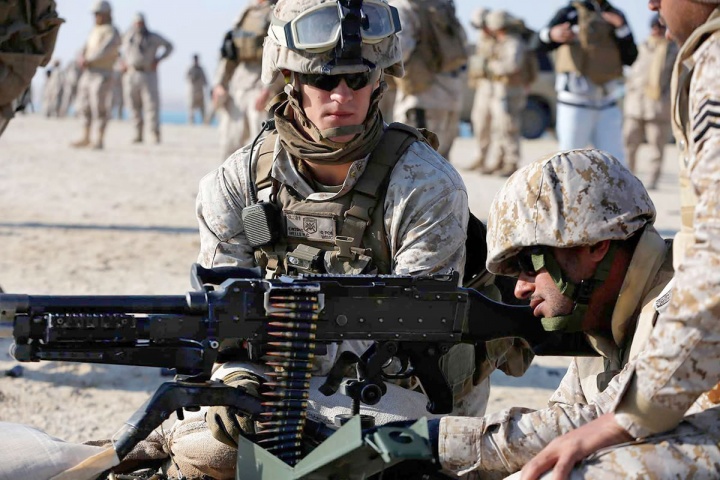Current Events & Trends
Nuclear talks stoke further Saudi-Iranian conflict

These often conflict with other attempted diplomatic efforts in the region, as is the case with the current Iranian nuclear negotiations. While the U.S. government under President Barack Obama attempts to craft an agreement to please all parties, American ally Saudi Arabia is forced to prepare for a seemingly inevitable future of competing with a nuclear Iran.
Columbia University’s Steve Coll wrote in The New Yorker of the brewing political, diplomatic and ideological conflict among the three countries: “Iran and Saudi Arabia have long been engaged in a contest for regional influence, sometimes openly, sometimes covertly, and often violently. If Obama does reach a deal to cap Iran’s nuclear program, it could release Tehran from economic sanctions, replenishing its depleted treasury and enlarging its scope for regional maneuvering . . . The [Saudi] royals see a U.S. deal with Tehran as, in the words of Prince Turki al-Faisal, a former Saudi intelligence chief, a historic ‘pivot to Iran’” (“Saudi Shakeup,” May 25, 2015).
Whether or not American overtures toward Iran represent a “pivot” or some sort of historic shift to Tehran and away from Riyadh, the die of further conflict between Shiite Iran and Sunni Saudi Arabia has been cast. Once again, the United States finds itself allied with states that endorse extremism and violence across the region and across the world. Once again the United States finds itself strange bedfellows with states that resent everything it represents. And once again the United States finds itself in the center of a Middle Eastern conflict to which there are no human answers.
The only hope we have for a stable, peaceful Middle East is the return of Jesus Christ. He will establish His Kingdom and dissolve the human leadership that has caused so much violence. To learn more, download or request our free study guide The Middle East in Bible Prophecy. (Source: The New Yorker.)

